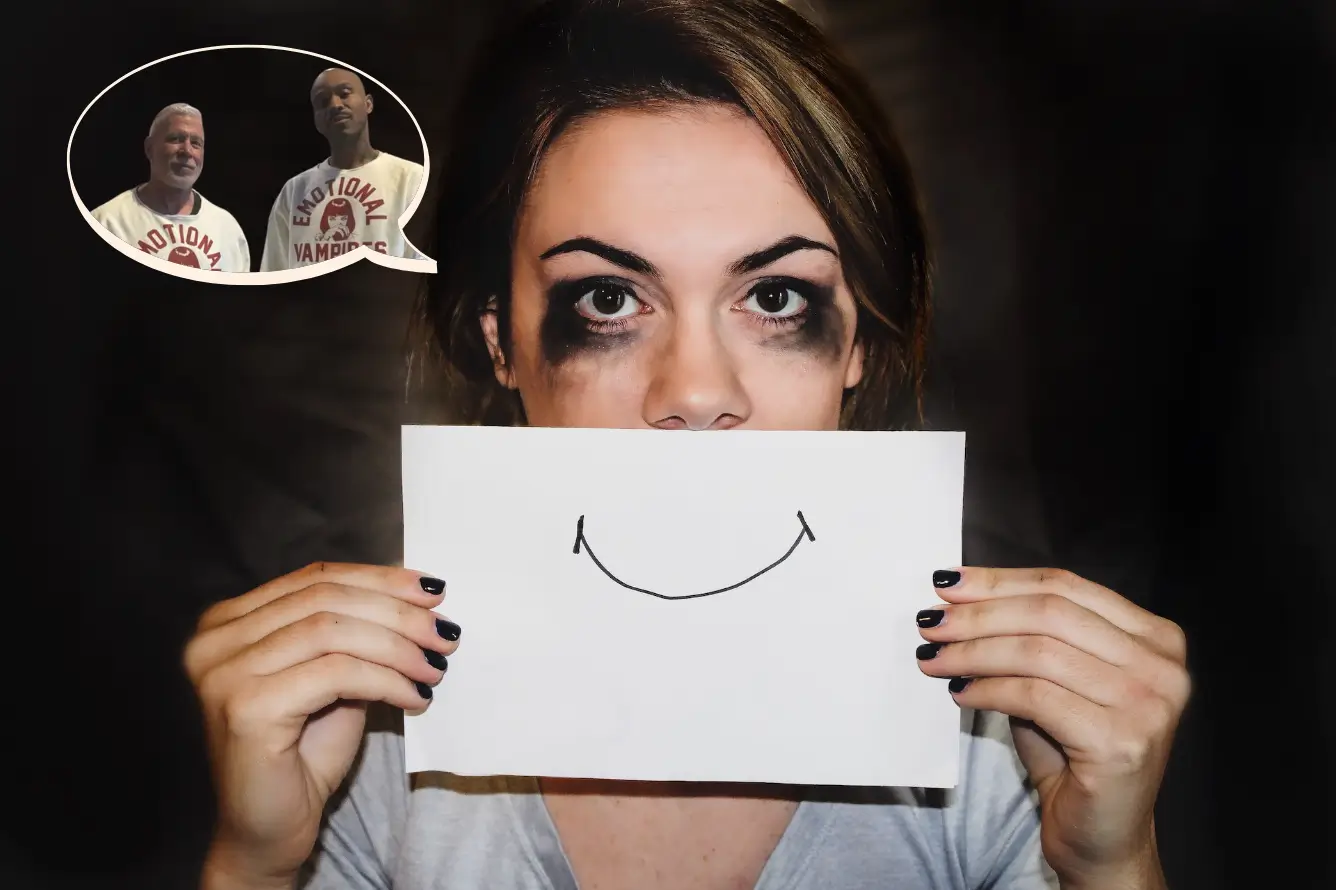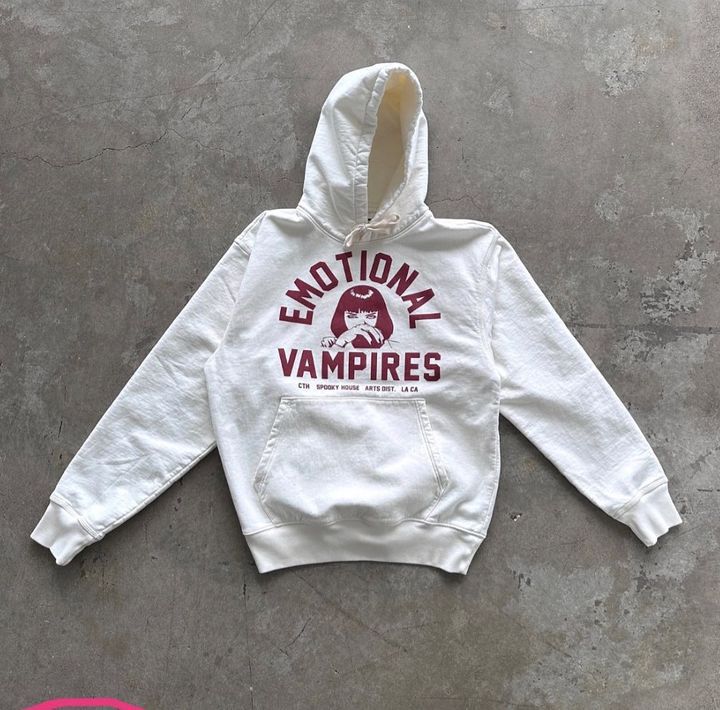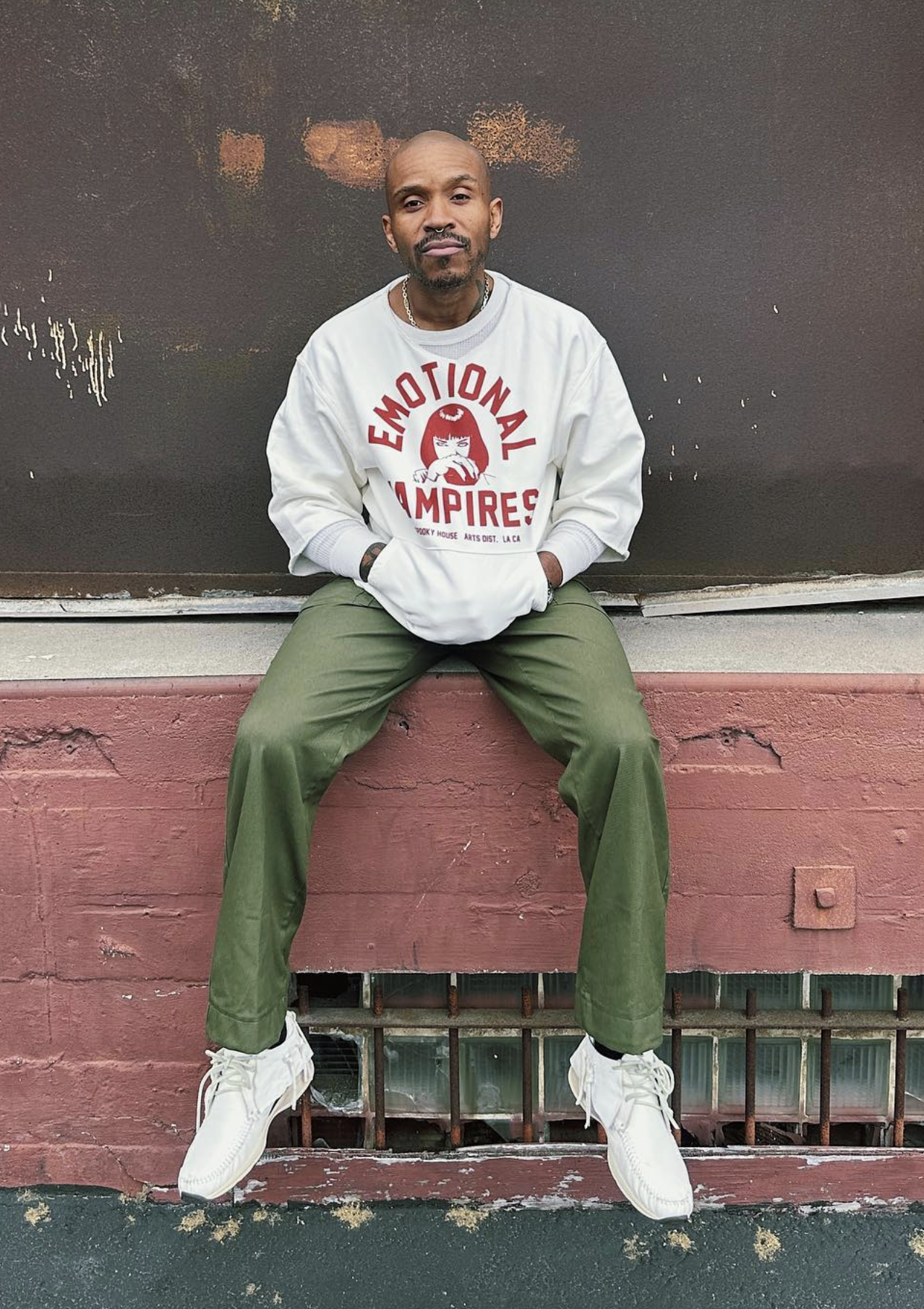
In the realm of psychology, emotional vampires aren't characters pulled out of horror tales. Instead, they are very real individuals lurking in our day-to-day lives - in our homes, workplaces, and social circles.
These energy drainers, feeding off your very vitality, can leave you feeling stressed, exhausted, and overwhelmed. If you've ever interacted with someone and felt emotionally drained afterward, there's a chance you might have encountered what, in essence, is an emotional vampire.
Yikes!
No, these people aren’t evil in the traditional sense, so don't start thinking that way. But they can still have a wicked negative impact on your overall healthy vibe. Understanding these energy-draining personalities and arming yourself with coping strategies can significantly improve your emotional wellbeing and maintain your mental health.

Defend Yourself
Defending yourself from emotional vampires is no easy task. The minute you start calling them on their BS, they go full emo and drag you down into a whirling, spiraling vortex of angst that threatens to destroy your very soul. You are trapped. What to do?
I'll tell you what to do. Give the signal out that says "I ain't having it." That's right, when you break out this exceptionally-cool sweatshirt from Spookyhouse, you'll be calling it even before you see it.
Shout out to O'Neil and co. for putting together this fun design.
Unmasking Emotional Vampires
At first glance, emotional vampires can be charismatic and fun— and elusive when trouble arises. They may seem to deftly slink out of problems with charm and pin issues onto others. However, their influence is not benign.
The most malignant emotional vampires can make you question your worthiness and lovability, inflicting damage with subtle jabs meant to undermine your self-esteem. They prod areas of shaky self-worth, leaving you off-balance.
It's crucial to recognize that not all emotional vampires are inherently malevolent. Many may not realize the impact they have on others, but this lack of self-awareness does not diminish the drain they can cause.
Decoding Types of Emotional Vampires
According to psychologists, there are several archetypes of emotional vampires, each with their unique ways of draining your energy. Here are the five most common types:
- The Narcissist: These emotional vampires have an inflated sense of self-importance, crave attention, and show little empathy for others.
- The Critic: Always critical, they continually highlight your faults and failings, making you feel inadequate.
- The Victim: Perennially wronged, these emotional vampires drain your energy by making you carry their emotional baggage.
- The Controller: They have a compulsive need to control and manipulate every situation, leaving you feeling dominated.
- The Drama Llama: They thrive on crisis, always surrounded by chaos and stirring up drama.
The Impact of Emotional Vampires
Emotional vampires can significantly disrupt your emotional health, causing physical and emotional distress. Empaths and highly sensitive individuals are often targeted by emotional vampires due to their strong emotions and vibrant energy. They can provoke emotional reactions in others and feed off these emotions. Relationships with such personalities can result in feelings of depression, anxiety, and fear.

Emotional Vampires
Have you ever been the victim of an emotional vampire?
Support group sweaters are here.
They’re cropped, sewn, and cut; no two are alike. Designed to fit oversized, this high-quality Canadian fleece makes for the perfect laying piece to grab a coffee, hit the gym, or subtly acknowledge the emotional vampires out there…
Whichever you decide, you’ll be showing support in style.
Strategies to Protect Yourself
Understanding emotional vampires and their characteristics is the first step toward protecting yourself. It's important to set boundaries, manage your reactions, and prioritize self-care. Seek professional help if you feel stuck in a toxic relationship or friendship with an emotional vampire. Remember, it's okay to distance yourself from individuals who consistently drain your energy.

Identifying them and adopting appropriate coping strategies (like wearing protective sweatshirts) can help preserve your emotional wellness and maintain healthier relationships. Remember, your emotional health matters and deserves protection.


